Washington, D.C., US: Seniors across America know that stretching Social Security checks can be a challenge. Fortunately, eight states go above and beyond the federal minimum, providing extra benefits, tax breaks, and assistance programs that can meaningfully boost retirement incomes. From direct cash supplements to utility credits, these states have rolled out the red carpet for residents living on fixed incomes. Here’s a closer look.
1. California: Golden State Supplement
California seniors can qualify for the State Supplementary Payment (SSP), which adds as much as $160 per month to their federal Supplemental Security Income (SSI). In addition, California’s Property Tax Postponement program allows homeowners aged 62 and older to defer property taxes, freeing up critical cash flow.
2. New York: Empire State Advantage
New York offers one of the most generous Cost-of-Living Adjustments (COLA) programs in the nation. Eligible Social Security recipients can apply for the Senior Citizen Rent Increase Exemption (SCRIE), which freezes rent on rent-regulated apartments. Low-income seniors can also tap into utility discount programs that shave up to 30% off heating and electricity bills.
3. Pennsylvania: Keystone State Supplements
Pennsylvania provides a supplemental payment of up to $50 per month to individuals whose primary income is Social Security. The property tax/rent rebate program can deliver rebates of up to $975 to eligible seniors, and the state’s PACE and PACENET prescription assistance programs help cover medication costs.
4. Minnesota: North Star State Credits
Minnesota’s Special Needs Basic Care (SNBC) program offers reduced-cost health care for seniors under Medical Assistance. Supplemental Nutrition Assistance Program (SNAP) eligibility thresholds are higher for older adults, and the state refunds up to $2,000 on qualifying medical and long-term care expenses through its working family credit.
5. Washington: Evergreen State Exemptions
Washington seniors enjoy exemption from state income tax—retirees keep 100% of their Social Security income. The Home Energy Lifeline Program (HELP) provides utility discounts, and the state’s Senior Farmers’ Market Nutrition Program offers $50 worth of vouchers for fresh fruits, vegetables, and honey during market season.
6. New Mexico: Land of Enchantment Aid
New Mexico supplements Social Security for low-income seniors with the Residential Energy Assistance program, providing one-time payments of up to $750 to offset heating and cooling costs. The state’s Low-Income Comprehensive Energy Assistance Program (LIHEAP) also provides ongoing utility support, while the Gross Receipts Tax deduction for food and utilities can lower everyday living expenses.
7. Vermont: Green Mountain Grants
Vermont’s Reach Up and 3SquaresVT programs extend additional food assistance eligibility and benefits to seniors on fixed incomes. Property tax credits for qualified homeowners can reach $750, and the state’s Enhanced 911 Surcharge waiver for landlines reduces monthly phone costs.
8. Massachusetts: Bay State Bonuses
Massachusetts offers an “Extra Help” program that covers Medicare Part D premiums and co-pays for qualifying seniors. The Senior Circuit Breaker Tax Credit can provide up to $1,150 in refunds to homeowners, and the Massachusetts Good Neighbor Energy Fund helps families and individuals, including seniors, pay utility bills during emergencies.
Making the Most of State Perks
While Social Security forms the bedrock of retirement income, these state benefits can bridge gaps and boost purchasing power. Seniors should:
-
Check eligibility requirements for each program, as income limits and residency rules vary.
-
Apply early—funding is often limited and distributed on a first-come, first-served basis.
-
Consult local agencies on aging or senior centers for application help and additional resources.
By combining federal benefits with state supplements, retirees can secure a more comfortable and financially stable golden years—no matter where they call home.



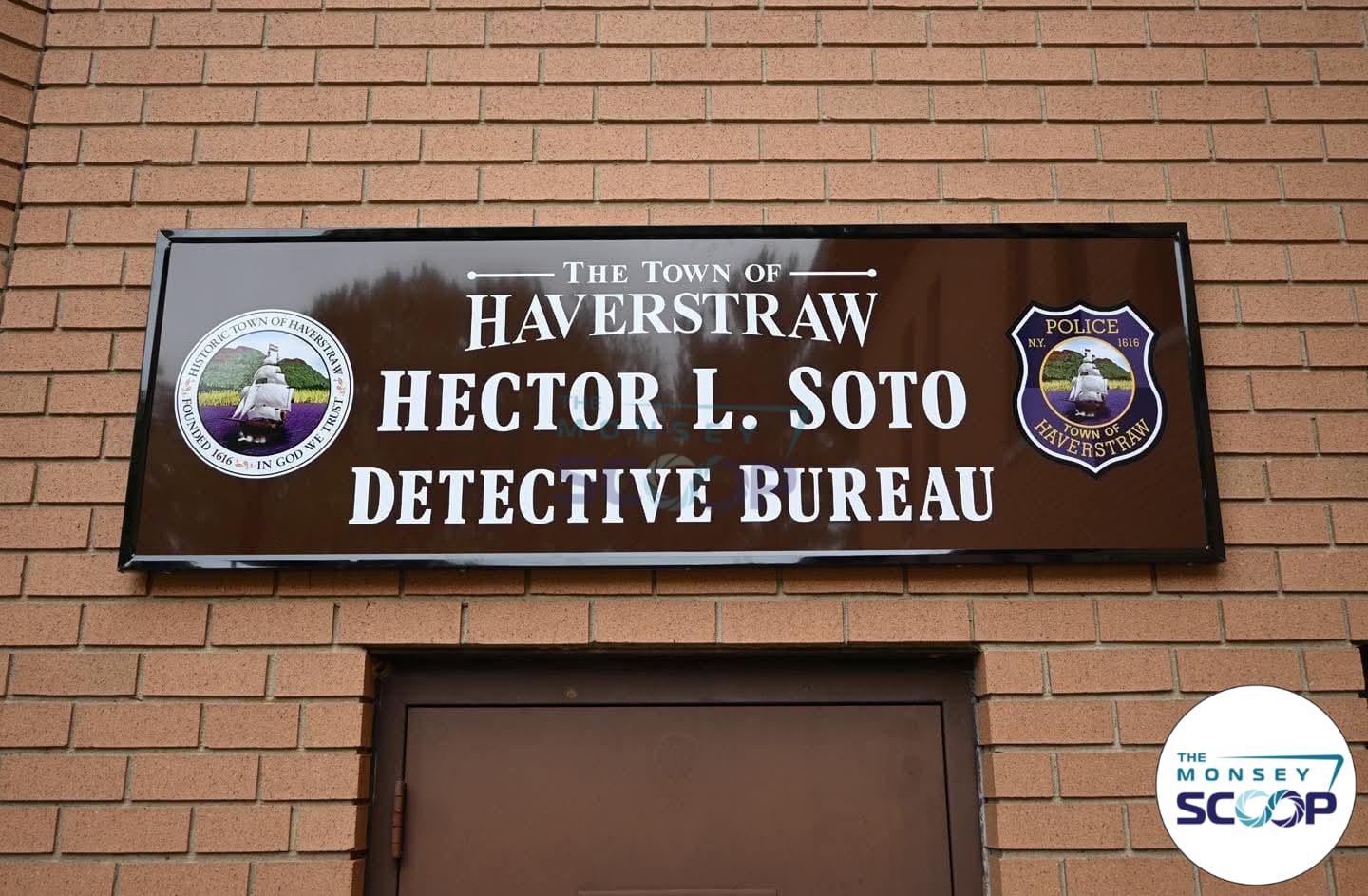
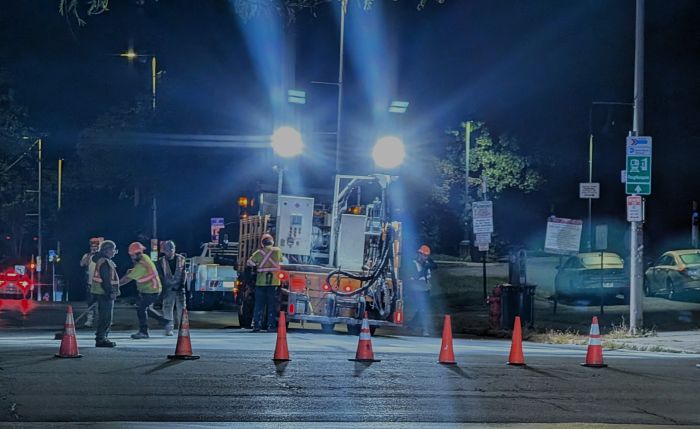




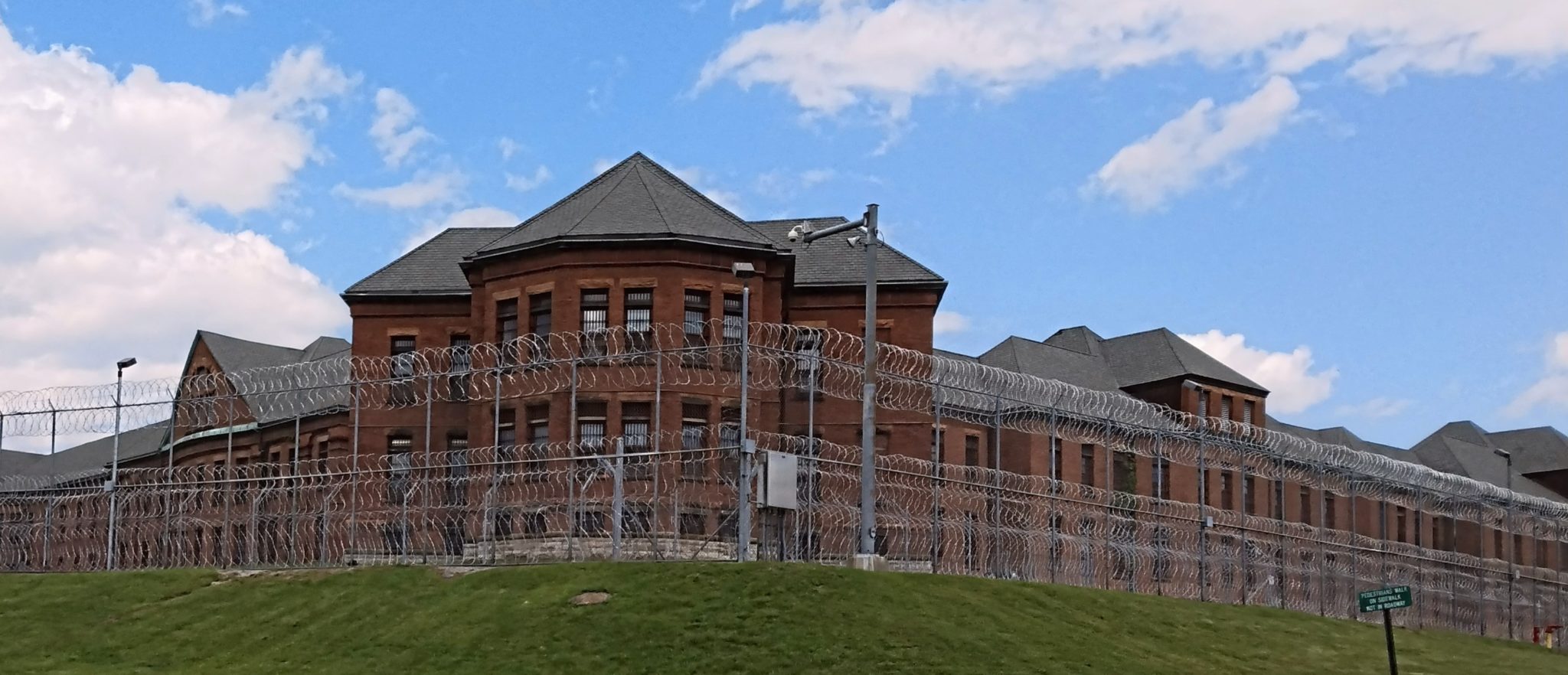

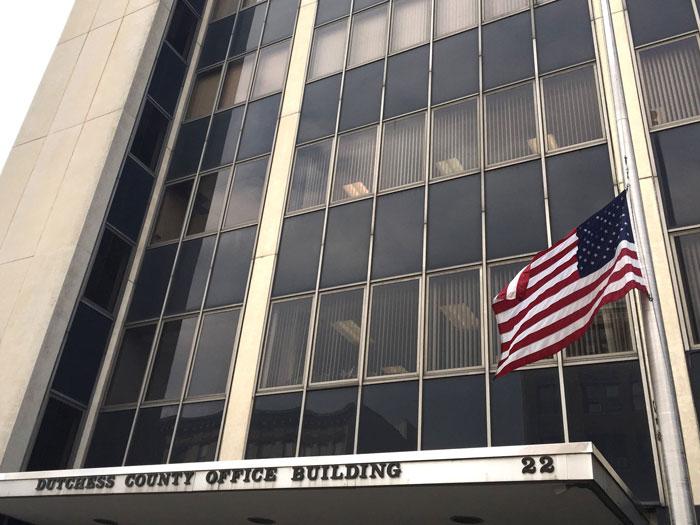



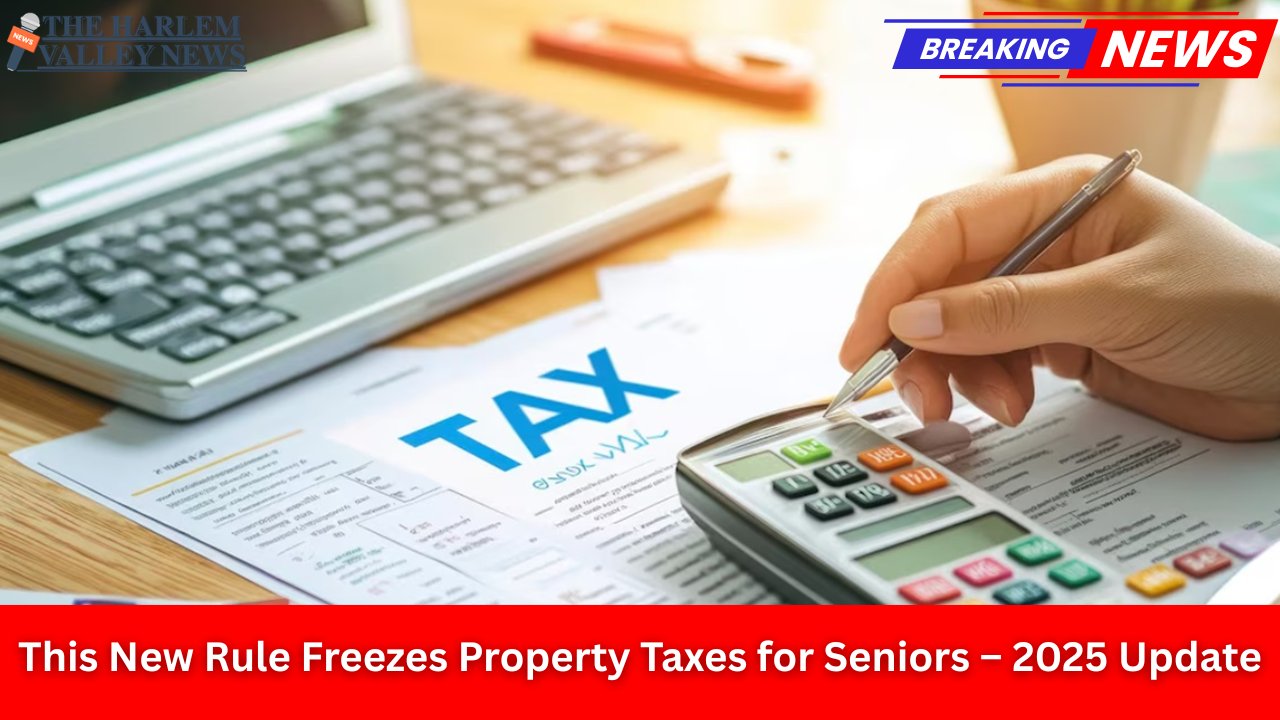
Leave a Reply